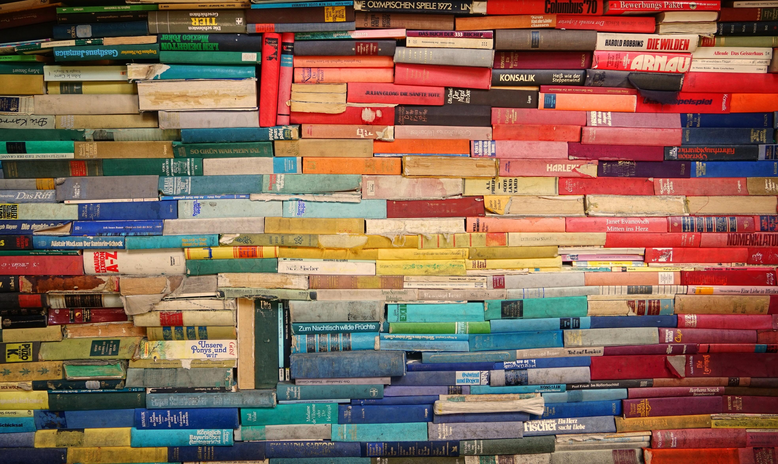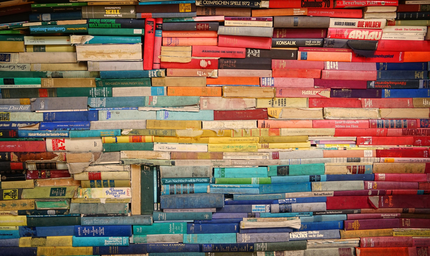If you’ve ever ventured into booktok or bookstagram, you know that diversity is very important to many readers, and for a good reason. Diverse books open the reader up to cultures and lifestyles that they may have never encountered before. It can help readers become more empathetic towards those who are different and can also teach important lessons.
But there’s a difference between diverse books and a diverse bookshelf.
A diverse book includes characters of different races, different genders, sexualities, and disabilities. Books like Six of Crows by Leigh Bardugo do this well by creating a wide range of characters including ones with physical disabilities, ones who are mixed race, and ones who are part of the LGBT community. Increasingly, many YA books are written with this goal in mind, but some books are don’t have a large range of characters.
These books are not diverse, but can add diversity to a bookshelf. Chimamanda Ngozi Adichie, a Nigerian author, writes books that are set in Nigeria and as a result, her books do not have much diversity because most, if not all, of her characters are African. But her books are well written and can help round out a library looking for more representation of Africans.
But diversity isn’t always an indicator of a good book. Representation can be based on stereotypes and can result in more harm than good. Sometimes, representation of certain groups doesn’t fit the setting or plot of the story. A science fiction book based on intergalactic war probably won’t have a lot of conversations around sexuality. Outlander by Diana Gabaldon takes place in Scotland in the 1700s, meaning Asian characters or Native American characters would be extremely out of place in the novel.
My least favorite book of all time is a mess of representation. Once and Future by Cori McCarthy and A. R. Capetta is a King Arthur retelling set in the distant future and is not subtle about their political messaging. Readers are hit over the head with queer identities despite the setting being a world where the gender binary is supposed to be an antiquated idea that even conservatives no longer buy into. Don’t get me wrong, I appreciated the attempts, but the story spent more time picking apart our current perceptions of the LGBT community than actually dealing with the main plot.
At the end of the day, having a diverse bookshelf is important, but not having one is not the end of the world. People read what they are interested in and just because a book has lots of representation, does not mean it will be a good read. It’s more important to encourage reading for the sake of reading than it is to harass people about their selections based on a checklist created on the internet.


